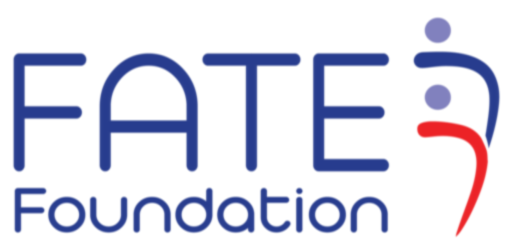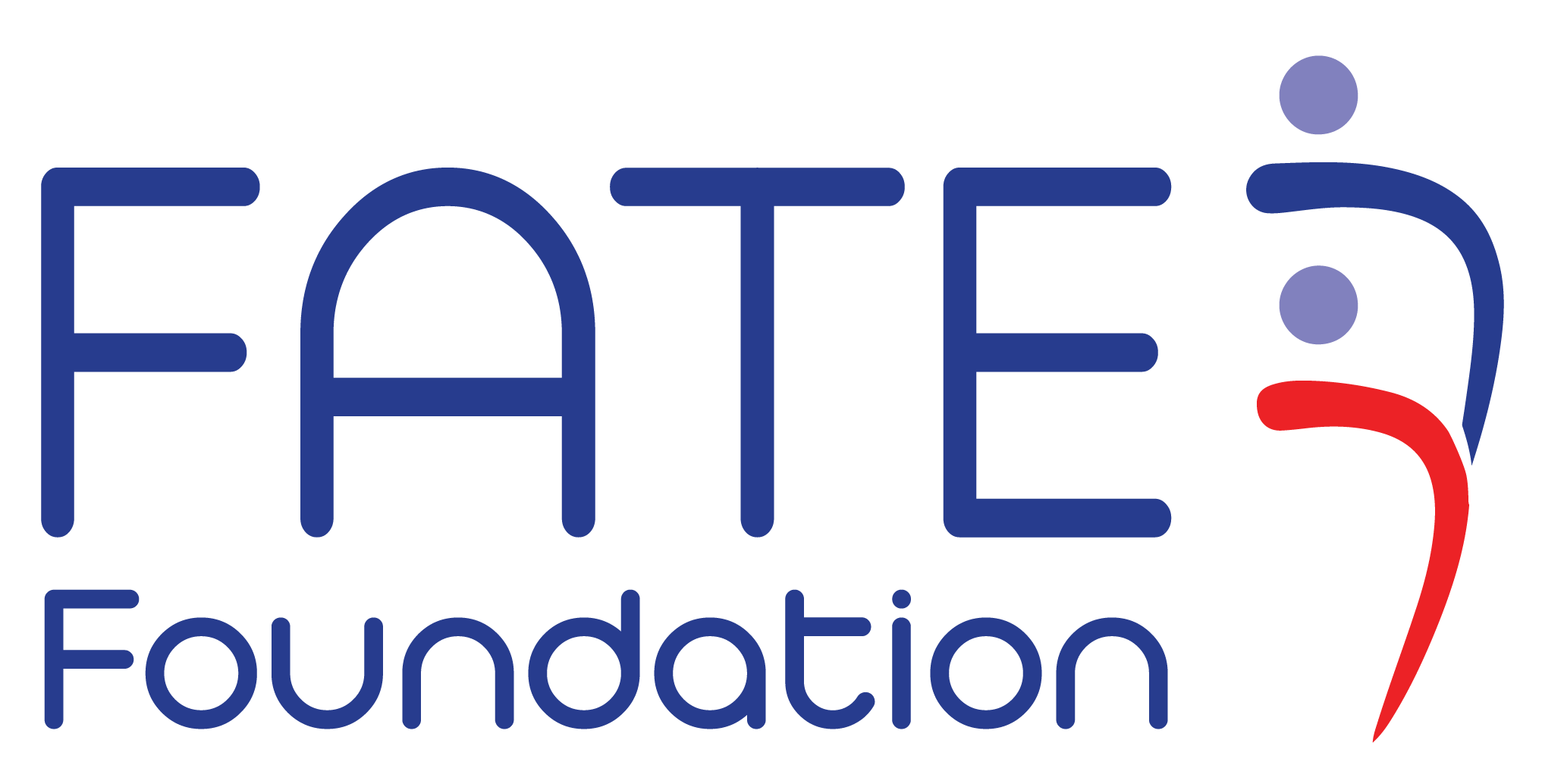12 Key Insights from our 2018 Nigerian MSME Financial Literacy Survey
We recently held our 4th Policy Dialogue Series on Entrepreneurship with a focus on Financial Literacy for Nigerian Micro, Small and Medium Enterprise Entrepreneurs. Highlights of the session can be found here.
At the Policy Dialogue, our Executive Director, Adenike Adeyemi, shared insights from our 2018 MSME Financial Literacy Survey which reviewed the perspectives of 6,500 Nigerian MSMEs to Financial Literacy. The full report can be downloaded here.
Of the 6,500 enterprises interviewed, 71% were micro-enterprises, half of them were not formally registered and 56% of had been in business for 4 years or less.
Here are 12 key insights from the survey
- A significant number of Nigerian entrepreneurs have never taken a financial literacy course.

-
Financial literacy is not included in our educational curriculum as only 1% of those that had taken a financial literacy course so received it while in school.

-
Most of the entrepreneurs recognized the need for financial literacy knowledge

-
There were strong benefits to entrepreneurs from having attended financial literacy course.
![]()

-
Record keeping which is an important foundation for financial management improved for those who undertook financial literacy training

-
Most of the entrepreneurs interviewed handled their accounts themselves with most indicating cost as a factor for this.

-
Restricted levels of financial literacy affected the decision-making capacity of the entrepreneurs

-
Most of those trained did not have financial literacy /management technological tools or applications used during their sessions.

-
The clearest improvements from the financial literacy training were in the understanding, preparation and use of profit and loss accounts

-
More than half of those who had taken financial literacy courses indicated that they are now sufficiently knowledgeable to handle the finance and accounting side of the business themselves.

-
To improve their financial literacy knowledge and the financial management aspects of their business, over 40% would take another financial literacy course

-
Suggestions made on improvements in the delivery of the financial literacy course include having longer sessions, use of technology enhanced tools and applications, practical demonstrations on with templates and use of visuals, such as videos, infographics, charts and graphs.

Key Takeaways
-
Many Nigerian MSME entrepreneurs lack the financial literacy skills to build and sustain their businesses.
-
Wider provision of financial literacy skills would strengthen the MSME base, leading to stronger businesses, with leaders who are better able to plan and manage their firms, and more capable of raising finance for their future development.
-
Those entrepreneurs who have attended financial literacy training have benefited from doing so and applied what they learnt by improving record keeping and financial planning.
-
There remains scope not just for expanding the provision of financial literacy training, but also for improving the delivery of some of the training and evaluating its content to ensure its relevance to micro-entrepreneurs.
For the full survey findings report, visit here.
Related
Related Posts
Recent Posts
- Adaeze Akpagbula supported by FATE Foundation announced as a finalist in the Climate Entrepreneurship Award as part of the Global Young Entrepreneur of the Year Award
- Accelerating productive MSMEs: The much-needed catalyst for Nigeria’s socio-economic recovery
- A Message from Mrs Toyin Bakare, President, FATE Foundation Alumni Community Executive Committee
- FATE Foundation Announces Amaka Nwaokolo as the First Director of its Division, The FATE Institute
- FATE Model Entrepreneur (FME) Award
Categories
Recent Comments
- Nasiru Abdulaziz on NutriPitch 2023: The Business Model Pitch Competition
- Sagir on NutriPitch 2023: The Business Model Pitch Competition
- Tukur on NutriPitch 2023: The Business Model Pitch Competition
- Ogooluwa David Alabi on NutriPitch 2023: The Business Model Pitch Competition
- Charles Eze on State of Entrepreneurship in Nigeria 2023 Report








